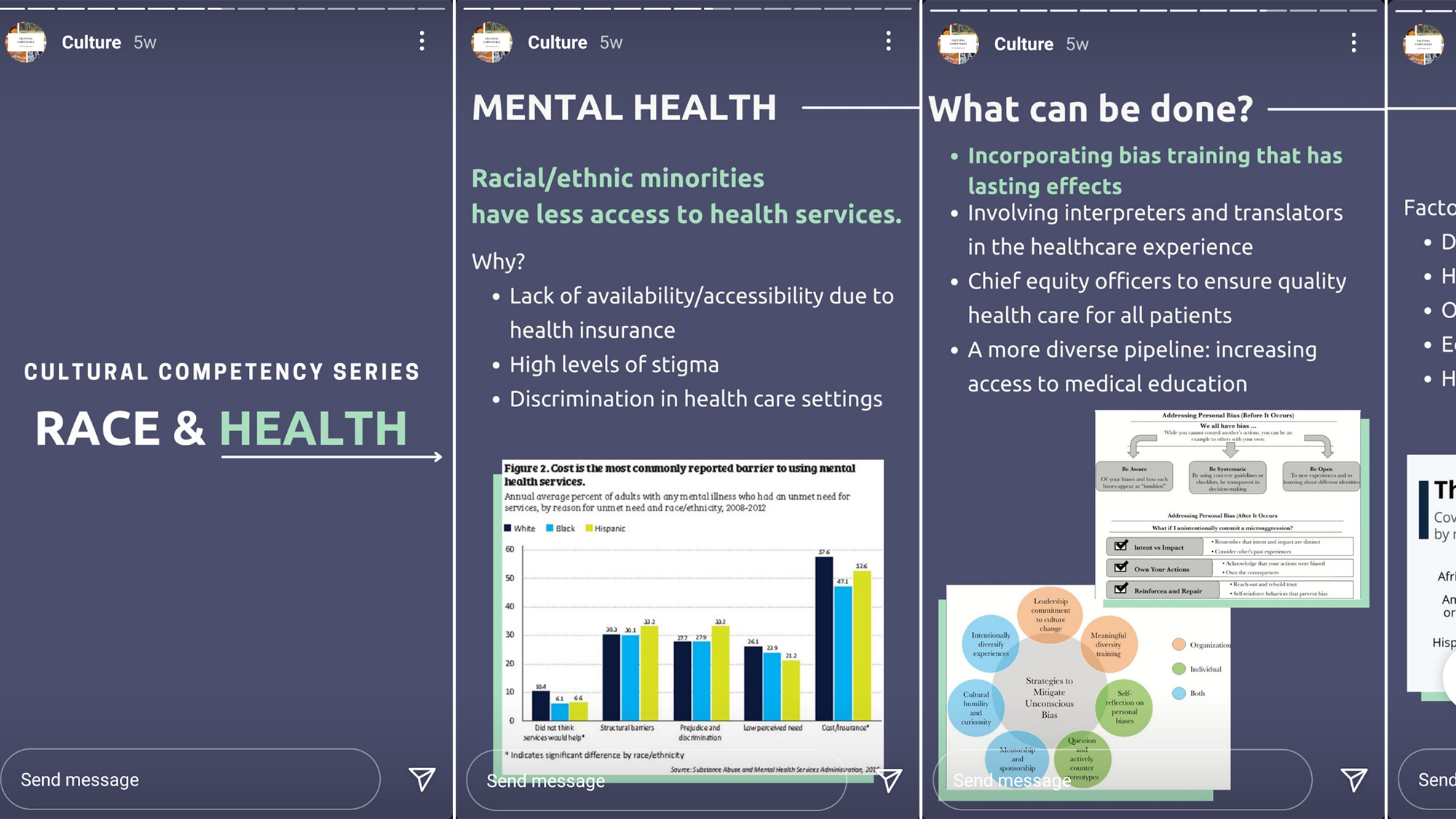The University of Maryland’s SGA launched a social media campaign, which will last a little over a month, to provide information about racial injustices in the workforce on March 15.
The bill, which calls for the creation of social media posts for the campaign, passed unanimously during the Student Government Association’s weekly meeting earlier this month. The SGA’s health and wellness committee prepared much of the bill, with the help of the diversity and inclusion committee.
The campaign, which started on March 15, will run through April 26. The SGA will publish biweekly posts to provide information on implicit racial biases, as well as how racism affects the professional world.
“We wanted to present them with real world experiences, and just facts and data on how people of color deal with the professional world and how they go on about their day to day activities,” said South Hill representative Jasmine Liberius.
The posts aim to create channels of communication for students and elevating their voices, Liberius added.
During the meeting, legislators discussed making amendments to the bill, such as changing the name from Cultural Competency to Cultural Understanding, because the word competency can be demeaning, Liberius said.
[UMD Counseling Center director discusses mental health support initiatives at SGA meeting]
Legislators tried to make the posts as informative as possible by breaking down the information and defining the presented concepts, because sometimes the posts contain related language that the audience might not know, campaign leader Sarah Theyagaraj said.
Last semester, the SGA also published several social media posts focused on structural violence in racism and students personal experiences.
Although legislators are constantly looking for ways to use social media to promote important issues, the posts this month are more specific to racial disparities related to the workforce and COVID-19, as opposed to general information about racism, said North Hill representative Gabrielle Coleman.
The information in the posts is applicable to students’ everyday life and can be something they take away from college and use in the workforce, Liberius said.
The diversity and inclusion committee is also working on more long-term projects to further educate students about racism. For example, the committee is working on changing the General Education requirements to allow for more diversity, as well as seeking out more resources to support marginalized students, Coleman said.
“This is a great first step, but it should not end here, and I hope it doesn’t end here,” said computer, mathematical and natural sciences representative Peter Marston.



